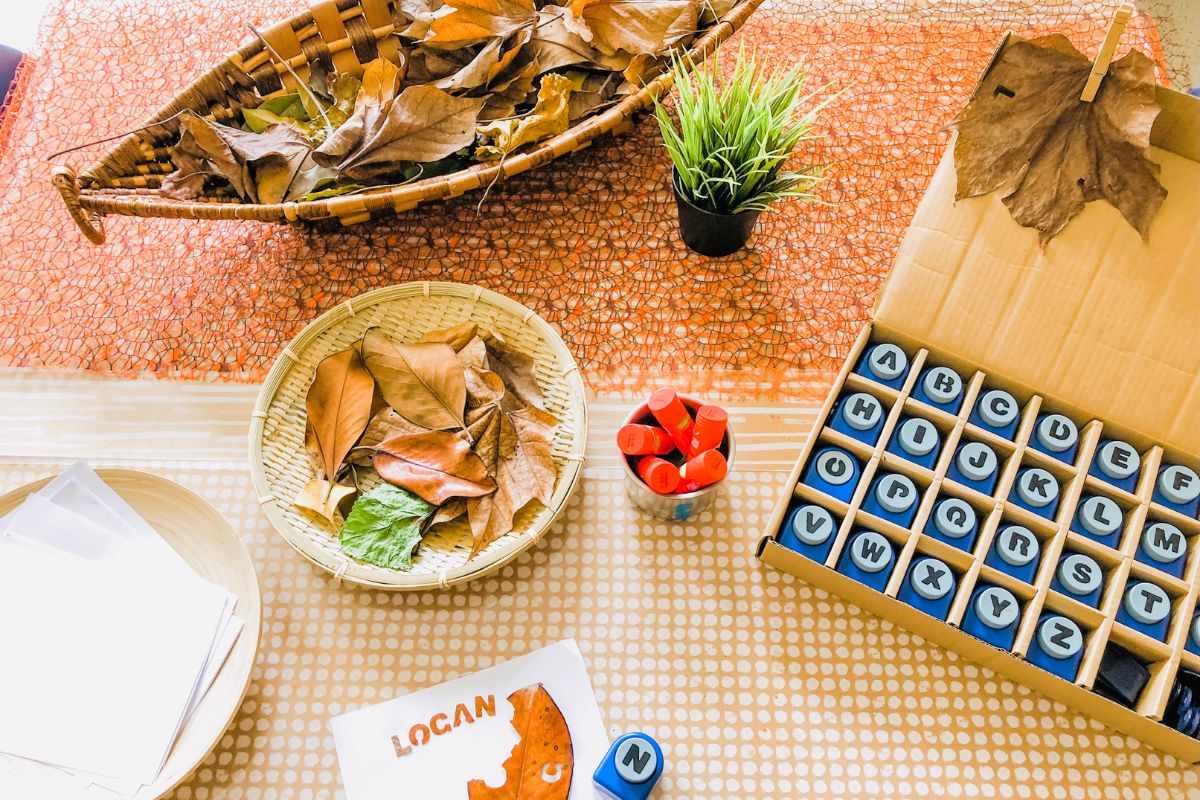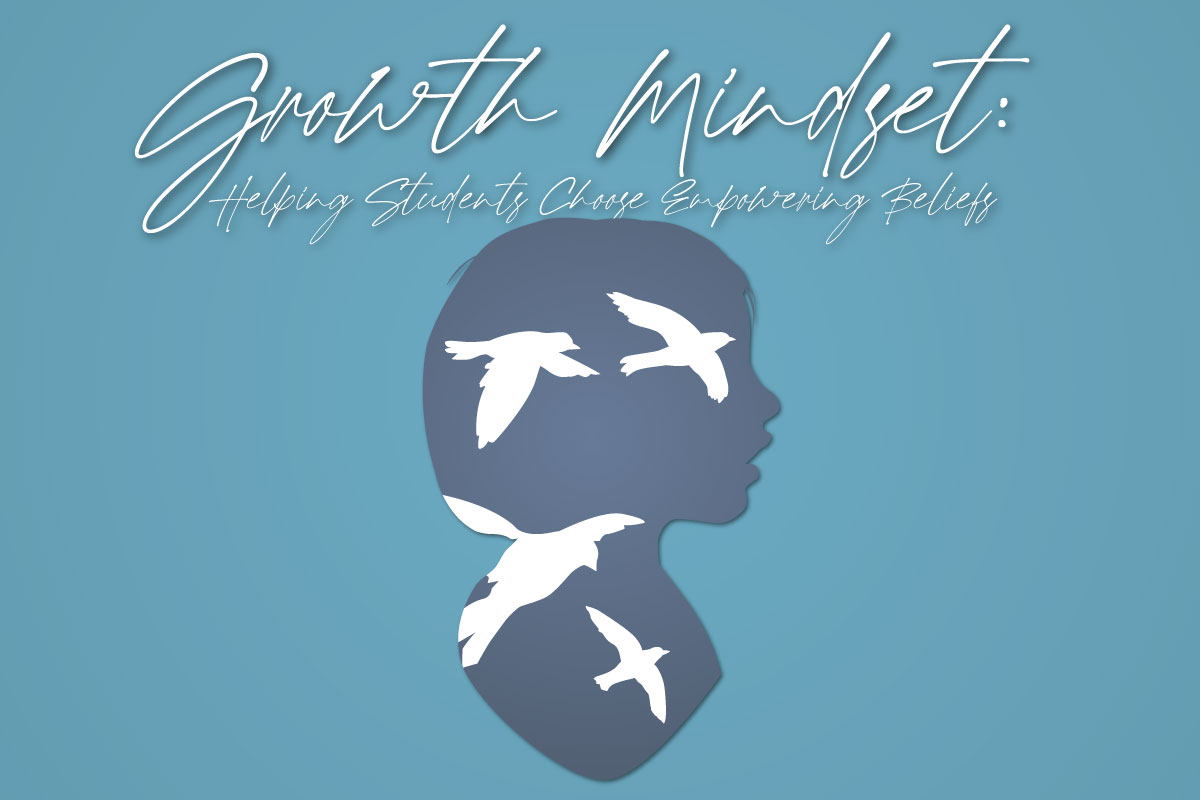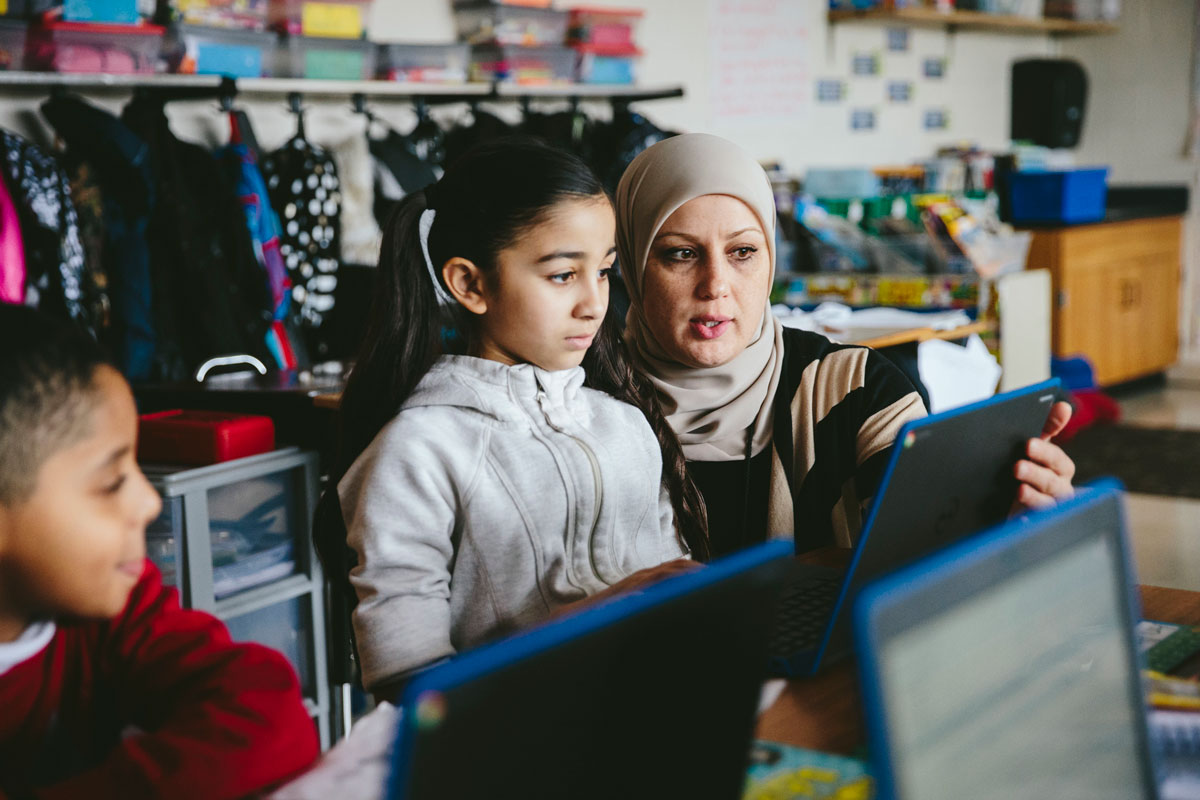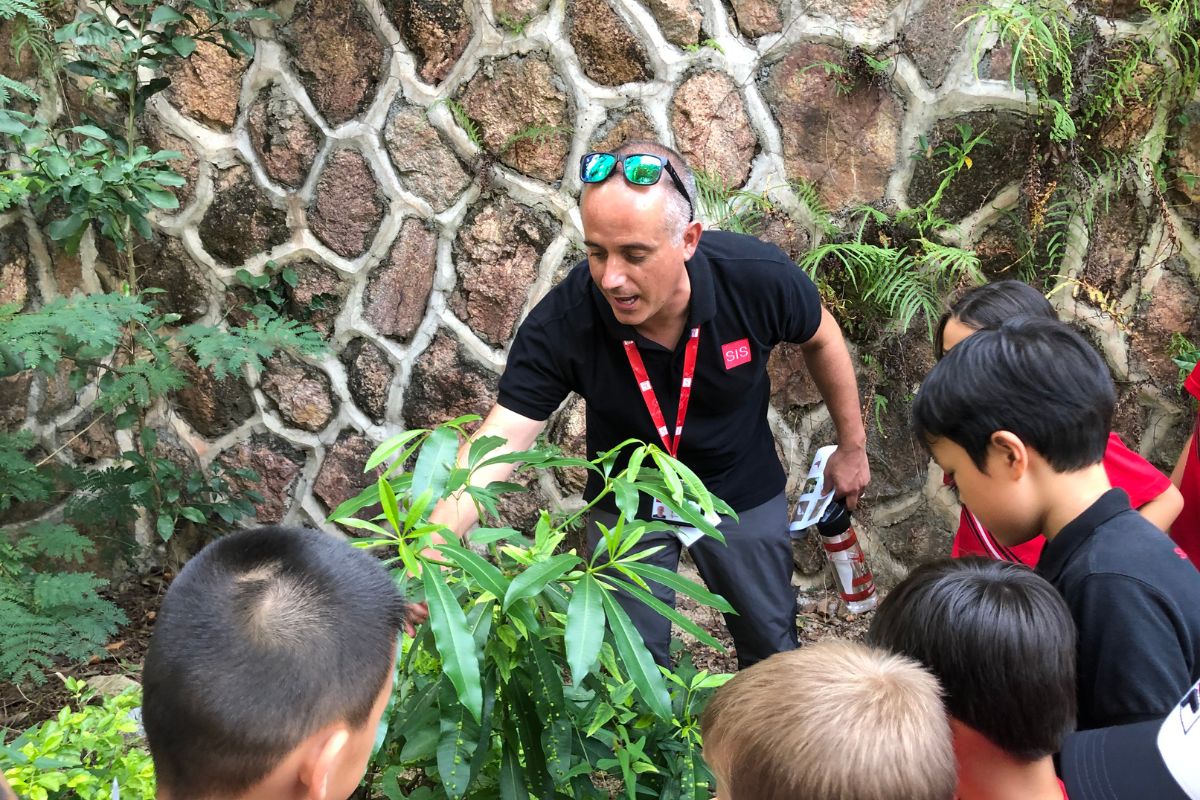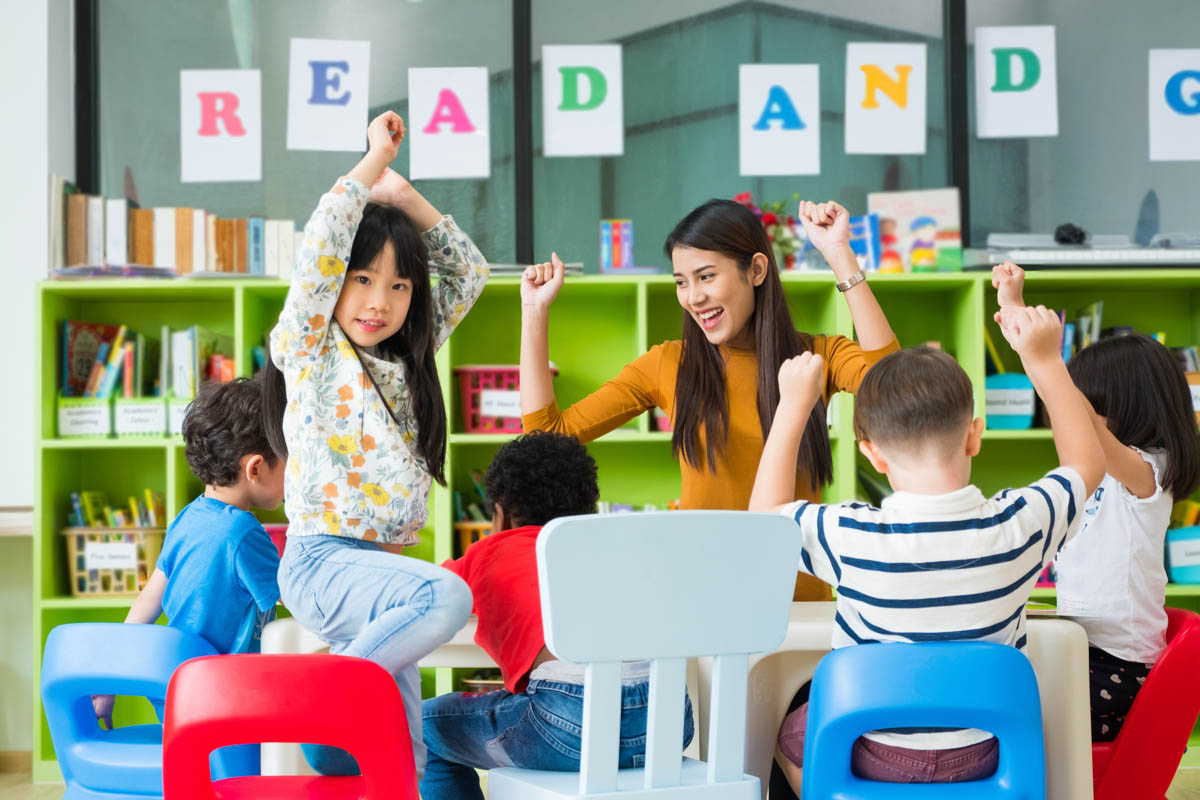Conversations for Learning: Sparking Lifelong Curiosity
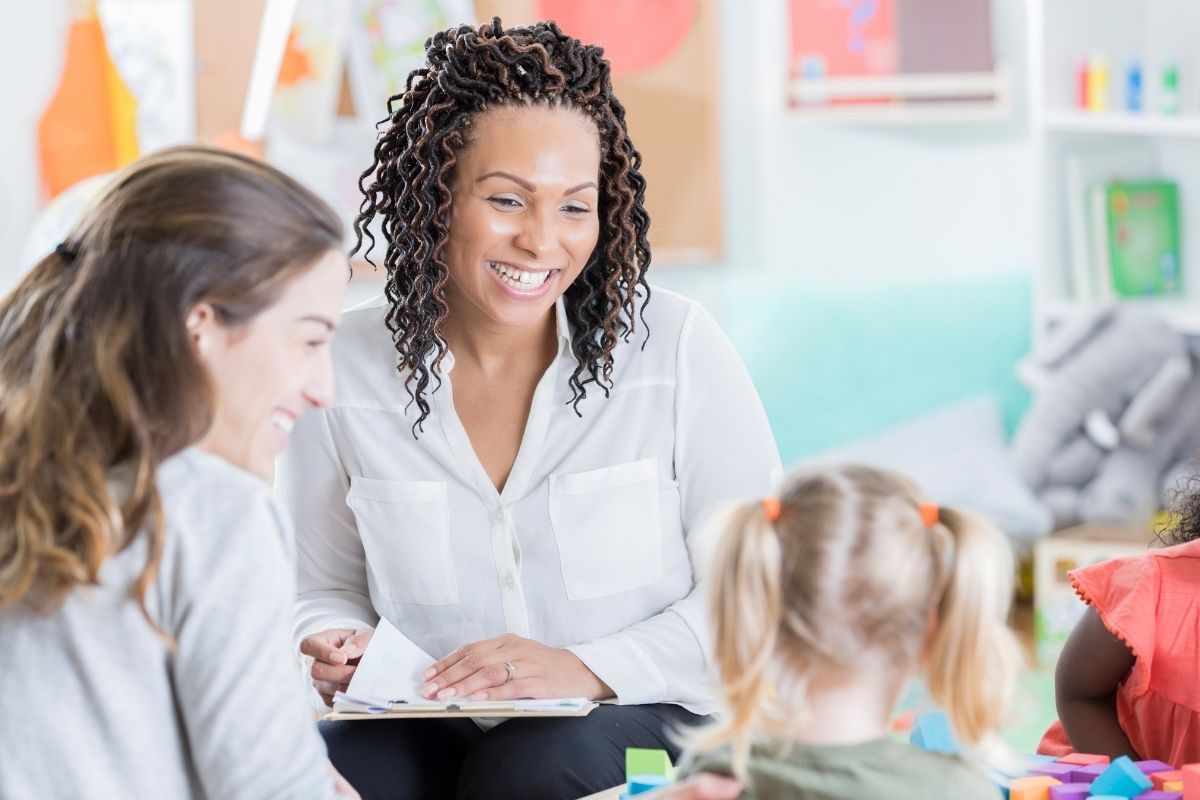
Our care of the child should be governed, not by the desire to make him learn things, but by the endeavor to always keep burning within him that light which is called intelligence.
– Maria Montessori
One afternoon, soon after my daughter Sophie’s fourth birthday, my husband Philippe and I sat at a meeting with her preschool teachers in Brookline, Massachusetts. I shuffled in my child-size chair. An hour earlier, I’d been meeting with parents at the school where I worked. Now I was on the parent’s side.
“She has trouble making mistakes,” the first teacher, a gray-haired, gentle woman, told me. “That’s typical of many kids. She’s independent, and a perfectionist.”
“And she blames her mistakes on other people,” the second teacher said. “It’s hurting her friendships. We’re talking a lot about responsibility. At home, I’d reinforce that.”
“I’ll see what we can do.” I gulped, having noticed those tendencies as well.
Throughout a busy workday, I let that conversation fade. That evening, as I walked home, it started pouring with rain and I arrived home drenched and uncomfortable.
“You’re wet.” Sophie wrinkled her nose. “Didn’t you bring an umbrella?”
“I didn’t check the forecast,” I admitted.
“You should have.”
Peeling my socks off, I wanted to snap. Then I had an idea. “That was my mistake for today,” I said. “What was yours?”
“My what?”
“Your mistake.” I met her gaze. “What wrong or silly thing did you do today?”
“I don’t make mistakes.” Huffing, she walked away.
Then came dinnertime.
“Your mistake,” she demanded, with a twinkle. “Tell us.”
“I forgot to lock my bike up,” Philippe said. “I left it outside.”
“So, it got stolen?”
“No, I got lucky.” He sighed. “But next time, I’ll bring the lock. And what about you?”
“I don’t bike in the rain.” She flashed a smile. “And I didn’t make a mistake.”
I changed the subject.
At dinner the following night, she asked, “Your mistakes!”
Philippe described sending an email too soon, then picking up the phone to clarify.
“You didn’t check your work?” She jumped up.
“I was in a rush. But tomorrow, I’ll give myself more time.”
“My turn,” she said, and explained how she’d run into a boy at the playground by accident. He’d started crying, but she hadn’t apologized.
“You didn’t explain what happened?” I asked.
“It wasn’t my fault.”
“You didn’t have to say sorry I pushed you. But what do you think he thought?”
“Probably that I meant to do it.” She scowled. “I’ll explain next time.”
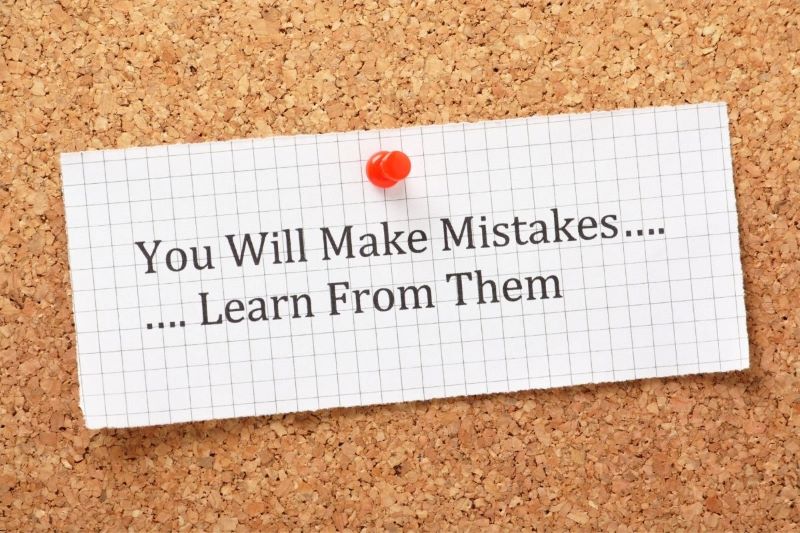
That conversation was a small revelation. It allowed her to own up to a mistake, but not let that mistake consume her. Mistakes are common to all of us, she started to realize, and reflection can let us strategize for the next time. This realization arose from her, through our back-and-forth dialogue, not from any lecture I gave. After thinking through and wrestling with the ideas, she expressed them in her own words.
Such thinking-through—and talking- through—lets children learn more deeply than they otherwise would. Putting ideas in their own words makes those ideas more solid and allows them to take ownership of what they’ve learned. Think about constructing a toy car from scratch, rather than learning, in the abstract, how a car works.
Dialogue Shifts over Time
Reflecting on our conversation, I was reminded of what the psychologist Carol Dweck refers to as a “growth mindset,” or the belief that intelligence isn’t fixed. With a growth mindset, children believe that effort will help them improve. It’s not that talent doesn’t exist, or that children don’t have natural abilities in certain areas. Of course they do. But hard work, along with mentoring from us and their teachers and friends, can help. In her work on mindset, Dweck talks about the use of the word “yet,” as in, “I haven’t learned how to do multiplication—yet.” Skills can be developed, and mistakes are only a sign that you have room to grow.
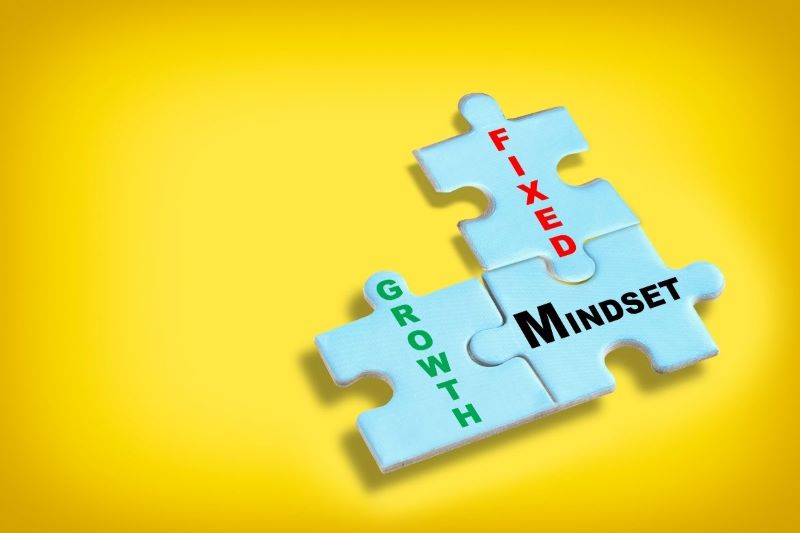
The “growth mindset” idea has become so popular that it’s now a kind of catchphrase. And it is important. As Dweck found, children can develop a fixed mindset even as young as three and a half years old. They start believing that mistakes show who you are as a person. As I heard three-year-old Paul say, “Well, I’m just bad at Legos.” Watching Sophie build a more complicated structure, he found himself lacking. But these ideas can be changed with dialogue, for kids of all ages.
David Yeager, a professor at the University of Texas, has found teenagers with fixed mindsets can, with conversation, change to growth mindsets, boosting their motivation and even their grades. In his study of more than 18,000 ninth-graders, he found that students taking growth-mindset workshops later sought out more challenges. In this way, talk led to action, as children stretched themselves and stayed open to making mistakes.
How should we help children with this openness? Dweck’s recent work offers important insights. She found, even if we have a growth mindset, our reactions to our children’s failures or mistakes might suggest we think their abilities are fixed. If we rush in to soothe a child quickly and anxiously, with a comment like, “Well, it’s okay if you’re not good at that,” the child can get the message that she can’t change. Instead, Dweck suggests emphasizing strategies that worked, or how children managed to solve a problem. When a child makes a mistake, show you’re embracing that mistake as information. Ask what that mistake teaches you.
As I saw with Sophie, “mistake” conversations are critical for learning. They set the stage for children to feel all right being wrong. Through looking at errors compassionately, we create room for children to pinpoint why they’ve made those errors, which helps them strategize for next time.
We also help them build empathy. When Sophie talked about having pushed a child by accident, she gained insight into how that child must have felt. In this way, children gain both empathy and comfort with not being perfect. When we share our mistakes, they grow to recognize how they—and we—are always learning. This foundation of self-compassion lets them stay curious and engaged. Just as important, these conversations help them identify highlights in their journeys, letting them see where they’ve gone right.
Adapted Excerpt from THE ART OF TALKING WITH CHILDREN: The Simple Keys to Nurturing Kindness, Creativity, and Confidence in Kids
By Rebecca Rolland, EdD and reprinted with permission from HarperOne, an imprint of HarperCollins Publishers. Copyright 2022.
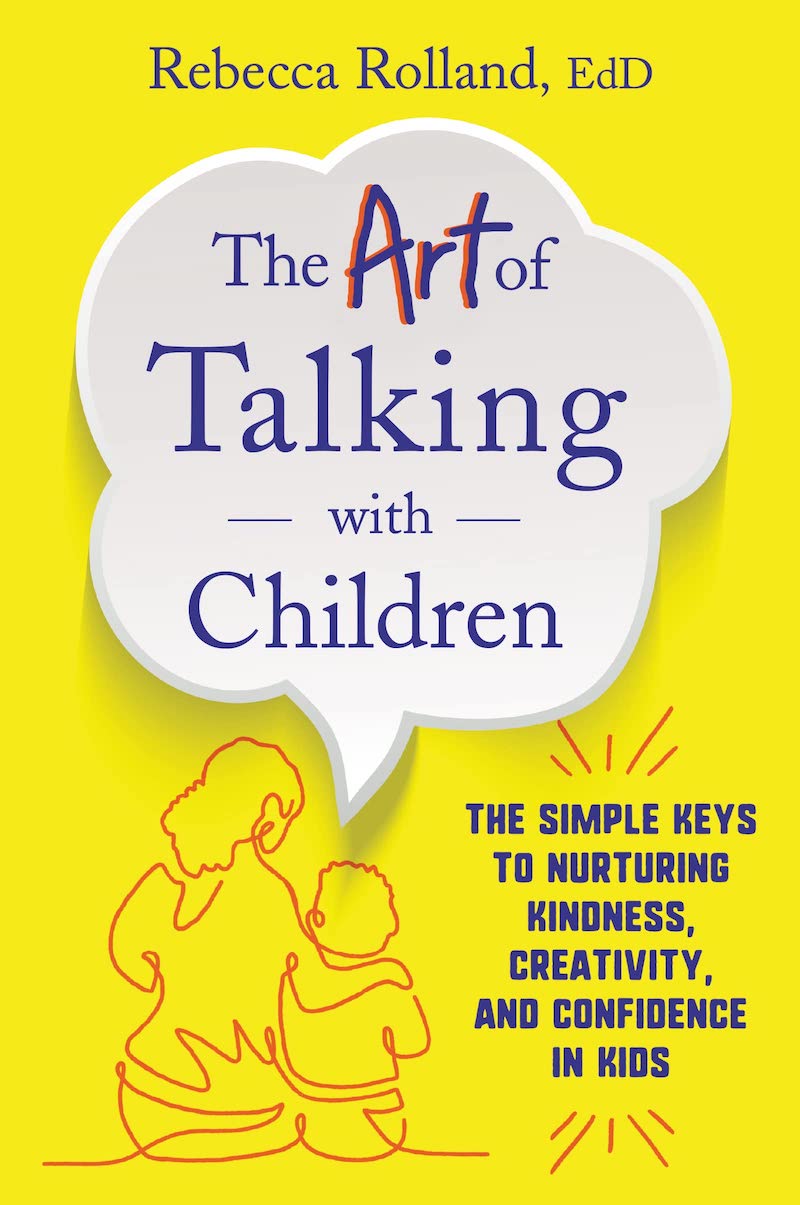
This article is available and can be accessed in Spanish here.
Link to book: Buy Link or Buy link


